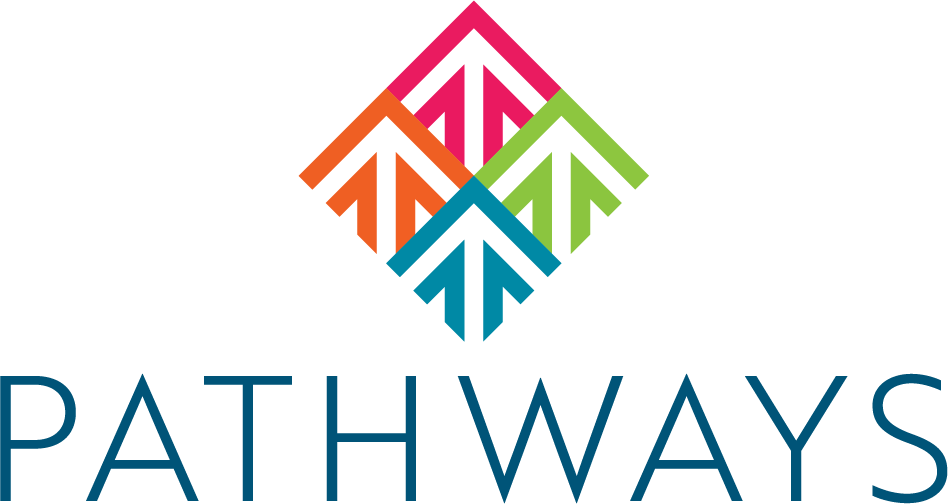Guided Pathways Subject Matter Experts
Connect with organizations leading the field in Guided Pathways research, informed practices, and documentation of admin, staff, faculty, and student experience from institutions across the country.
Subject Matter Experts
The following organizations have developed many of the resources shared on this site, and are leading continuing efforts to understand, update, and test emergent practices in Guided Pathways planning, implementation, and sustainability. Organizations are listed alphabetically.
Achieving the Dream (ATD)
Achieving the Dream is a nonprofit organization supporting systemic change in community colleges through its Institutional Capacity Framework and Pathways Coaching. Founded in 2004, ATD helps colleges redesign programs, improve student success, and align education with career pathways using evidence-based strategies.
American Association of Community Colleges (AACC)
The American Association of Community Colleges (AACC) is the primary advocacy organization for the nation’s community colleges. The association represents more than 1,000 2-year, associate degree-granting institutions and nearly 12 million students.
Community College Research Center (CCRC)
The Community College Research Center, based at Columbia University, studies Guided Pathways with state agencies and national partners to understand how colleges implement reforms, manage change, and impact student success. Using its research, CCRC creates tools and resources to help colleges design effective pathways. CCRC published the original Guided Pathways framework in 2015, and has led and supported iterations of the framework and Guided Pathways model.
Education Design Lab (the Lab)
The Education Design Lab is a national nonprofit that co-designs, prototypes, and tests education-to-workforce models through a human-centered design process focused on understanding learners’ experiences, addressing gaps in higher education, and connecting learners to economic mobility. The Lab supported in the redesign of this website through in-depth stakeholder research to understand the current needs of practitioners implementing Guided Pathways reforms and the students most impacted by them.
Education Design Lab’s RuralTogether is a community of practice built to connect and support those working to improve postsecondary pathways for rural students. RuralTogether’s mission is to create a learner-centered, asset-forward space where collaboration drives change for students, educators, and workforce partners alike.
Jobs for the Future (JFF)
Jobs for the Future is a national nonprofit transforming education and workforce systems to improve student success and economic mobility. Through initiatives like the Student Success Center Network and Policy Leadership Trust, JFF supports Guided Pathways implementation, state policy development, and institutional reforms.
JFF’s Guided Career Pathways framework builds upon the Guided Pathways model by integrating career-focused strategies to create equitable pathways that align with labor market needs, support diverse learners, and promote economic mobility. It emphasizes career exploration, skill development, and strong partnerships between educational institutions, employers, and community organizations to help students achieve their career and educational goals.
JFF’s Student Success Center Network scales proven practices to help more than 4.5 million students earn credentials that lead to well paying jobs. Managed by JFF since 2012, the network partners with nearly half of all community colleges in the United States to develop, implement, and scale student success strategies. Each of the 17 statewide Student Success Centers (SSC) works with community colleges in their state to increase student completion rates, close equity gaps, and strengthen communities. We share the Student Success Centers on the “State-Specific Resources” page of this website.
National Center for Inquiry & Improvement (NCII)
The National Center for Inquiry and Improvement (NCII) supports large-scale college reforms, focusing on Guided Pathways and student financial stability. Leveraging experience with over 350 colleges, NCII provides tools, initiatives, and its A2I2 cohort model to optimize student experiences and outcomes.
Advancing Equity Through Guided Pathways Series provides practical resources to help colleges intentionally design pathways to support the most students. These guides are designed to help institutions address opportunity gaps, elevate student voices, and transform systems to better serve historically excluded student groups.
